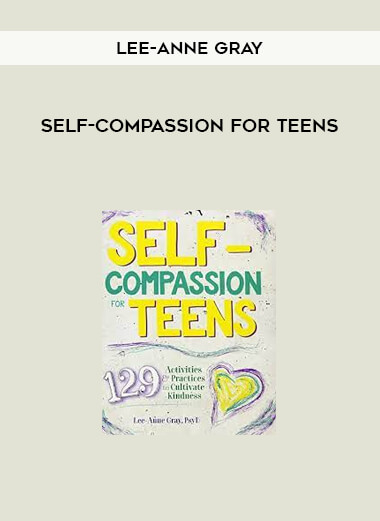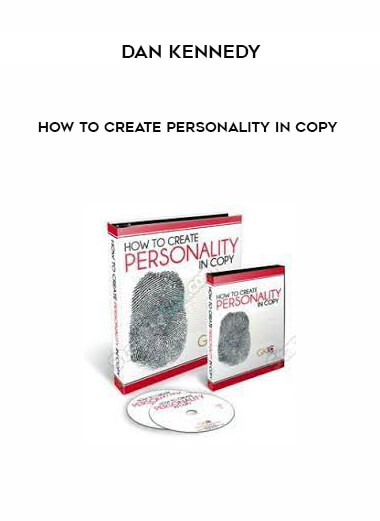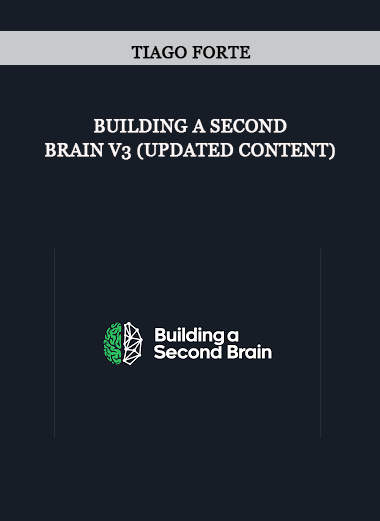Courses Infomation
Self-Compassion for Teens from Lee-Anne Gray
 Self-Compassion for Teens Immediate and Actionable Strategies to Increase Happiness and Resilience from Lee-Anne Gray
Self-Compassion for Teens Immediate and Actionable Strategies to Increase Happiness and Resilience from Lee-Anne Gray
Faculty:Lee-Anne Gray
Duration:6 Hours 07 Minutes | Format:Audio and Video
Archive : Self-Compassion for Teens from Lee-Anne Gray
Outline:
Self-Compassion
fostering compassion for oneself, mindfulness, and humanity
Self-compassion education for adolescents: developmental aspects Practice of loving kindness
Activity: I practice this.
Teens and Interpersonal Neurobiology of Self-Compassion
The teen brain’s development
self-repairing capabilities
How is my amygdala doing today?
Using Self-Compassion to…
both anxiety and depression
enhancing coping, resilience, and happiness
Reduce melancholy, anxiety, skepticism, and fear
Lack of drive, self-criticism, and negative thoughts
Movement: Entering and leaving the default network
Powerful pranayama exercises
ADHD
reduce the signs and symptoms of ADHD, and enhance executive function
The body’s contribution to difficulties with hyperactivity and thinking
non-medical methods
Nutrition, exercise, and concentration log
Activity: Mind-observing
Trauma
Decrease the likelihood of decompensation and dissociation.
Self-compassion and respect for vulnerability
Shame’s function in healing trauma
LGBTQ
adolescents’ self-compassion and intersectionality
The gender spectrum
The range of sexual orientations
compassion for oneself in the face of societal trauma
Academic Challenges
Stress, academic failure, rivalry in college, parental obligations, and underperforming compared to potential
executive dysfunction issues
The function of creativity
Activity: Accessing “flow” via creativity and self-compassion
Description:
based on the strong and influential work of self-compassion researcher Kristin Neff, PhD
Self-interpersonal compassion’s neurobiology and implications for the growing teenage brain
LGBTQ youth-specific self-compassion exercises and evaluation tools
To enhance the effectiveness of trauma rehabilitation, use the Self-Compassion Training Protocol for Traumatized Teens.
Do you find it frustrating that so many young people nowadays suffer from stress, anxiety, depression, ADHD, and trauma? You wish you had some non-medical methods that teenagers could employ to develop inner fortitude and aid in recovery. You may teach teenagers self-compassion to lessen suffering and promote happiness by using the strategies in Self-Compassion for Teens.
Join clinical and forensic psychologist Dr. Lee-Anne Gray for this highly interactive and engaging lecture to learn about activities, advice, and practice sheets that will help youth develop self-compassion.
The subjects covered include:
school difficulties
scholarly pressure
executive ability
Failure and waiting around
Concern and sadness
ADHD
Trauma
LGBTQ identity formation
The brief, simple lessons and exercises you’ll learn to help kids develop self-compassion will help them succeed academically and socially and emotionally.
Techniques for self-compassion will:
Develop resilience in the face of pain and positivity
Create a framework for simultaneously keeping both positive and negative emotions in mind to make people happy
Encourage focus and attentiveness
You’ll leave this session with exercises, meditations, and practices that can help you recover from trauma, expand your emotional range, encourage the formation of healthy sexual and gender identities, enhance executive function, and generally make you happier.
Salepage : Self-Compassion for Teens from Lee-Anne Gray
About Author
<author content>































Reviews
There are no reviews yet.